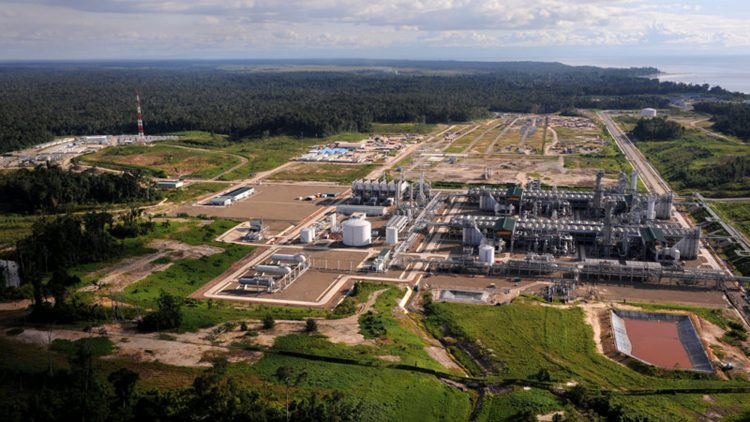
BP has been forced to shut down operations at its second liquefied natural gas (LNG) export train at the Tangguh complex in Indonesia due to mechanical irregularities.
Indonesian upstream regulator SKK Migas said the facilities were shut down at train 2 on 10 May after a leakage was detected in the scrub column reboiler on 8 May. Repairs are underway and the liquefaction train is expected to restart on 22 May. Train 1 has been operating as normal.
BP said the decision to shut down its train 2 facilities was necessary to ensure the safety of its employees and sustainability of its operations.
Train 3 delays
Meanwhile the start of operations at Tangguh train 3, which is under construction, has been delayed due to labour restrictions implemented as a precaution during the coronavirus pandemic.
SKK Migas said in late April that start-up is now expected at the end of this year or early in 2022.
Completion of the project was previously targeted for the third quarter of 2021, which already marked a delay by one year from its planned start-up after natural disasters had disrupted logistics.
All the delays have triggered cost overruns at the 3.8 million tonne per year expansion project (mtpa) and it is not yet clear who will be responsible for the resulting cost overruns. The Tangguh Train 3 expansion project comes under a cost recovery contract, meaning SKK Migas – or the government – would ultimately bear the cost, analysts at Tenggara predicted last year.
When Train 3, initially expected to cost $8 billion before any delays, eventually comes online, the total capacity at Tangguh will be 11.4 mtpa. While LNG from Train 1 and Train 2 is mostly for export, 75% of LNG from Train 3 would be supplied to state utility PLN and the remaining 25% for export to Japan’s Kansai Electric Power Company.
